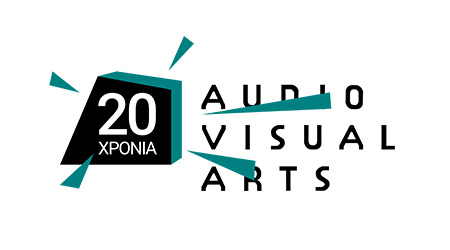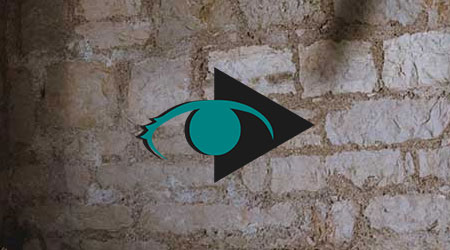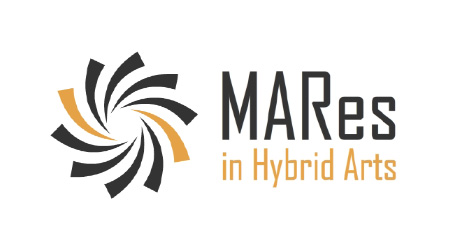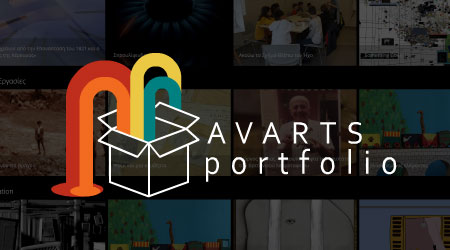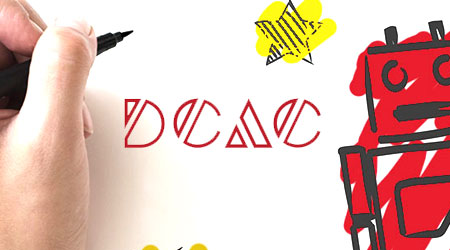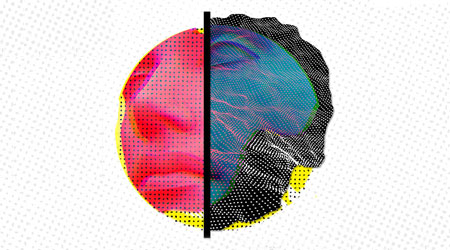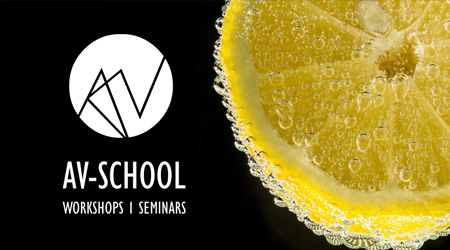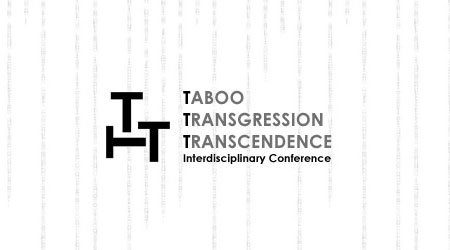Research Methodology
Teaching Staff: Aslanidi Maria
Course Code: THE102
Course Category: General Background
Course Type: Compulsory
Course Level: Undergraduate
Course Language: Greek
Delivery method: Lectures
Semester: 1st
ECTS: 6
Teaching Units: 3
Teaching Hours: 3
E Class Page: https://opencourses.ionio.gr/courses/DAVA121/
Teaching Structure:
| Activity | Semester Workload |
|---|---|
| Lectures | 26 |
| Tutoring Lectures | 13 |
| Literature Study and Analysis | 56 |
| Practice and Preparation | 30 |
| Course Total (ECTS: 6) | 125 |
Prerequisite to / Recommended to: PRO050, PRO750
The course introduces students to research methods and academic writing. Additionally, the course introduces students: a) to advanced skills related with information search, retrieval, evaluation, information technology and information ethics, b) to technical reading and writing for professional and academic purposes.
Students will be acquainted with sources, resources and research methods available in order to:
- Form advanced search strategies
- Use all available and current carriers of music-and-audiovisual-related information
- Apply advanced search methods in bibliographic and meta-bibliographic databases
- Apply advanced skills to form a research question, to organize an academic essay, to identify/evaluate sources, to argument/reason and to cite appropriately
- Apply advanced research paper-related writing skills
- Apply advanced skills to use reference management tools
- Apply advanced skills to find other scholar/academic content
- Apply advanced ‘surfing in the Web’ skills in order to find valid music-and-audiovisual-specific information.
- Apply advanced skills to evaluate annotated bibliography
- Apply advanced skills to evaluate authority, currency, objectivity, purpose, relevance, etc.
- Apply advanced skills to identify the importance of primary sources in the audiovisual arts domain.
- Understand intellectual property, open access, academic integrity and plagiarism related issues.
- Apply advanced skills to identify and use several citation styles, e.g., APA, MLA, Chicago, Harvard, etc.
1st week: Academic research and writing: basic concepts
2nd week: Tools and academic research-and-writing-related resourses with emphasis on arts
- Introduction to the Ionian University Library resources and databases
- Introduction to types of [re]sources: primary, secondary, tertiary
- Content types, media types, carrier types
- Examples
- Practice in class
- 1st assignment
3rd week: Information-related processes: access, search, retrieval, etc.
- [Re]source access, search and retrieval
- [Re]source technical reading
- Examples
- Practice in class
- Assignment-Discussion
4th week: Academic papers-specific issues
- Introduction to types of research and/or research papers
- Citation/Referencing styles. Citing sources
- Examples
- Practice in class
5th week: Academic/non academic/commercial sources. Citation/Referencing styles
- Periodicals vs Magazines. Identification and/or classification-related criteria and processes
- Academic research papers vs non academic research papers
- Content evaluation
- Citing/Referencing styles. Citing sources
- Examples
- Practice in class
- 2nd assignment
6th week: Developing the research question. Citing/Referencing styles
- Research process
- Research question synthesis
- Terms/concepts definitions
- Argumentation
- Evidence/Proof/Documentation process
- Citation/Referencing styles. Citing sources
- Examples
- Practice in class
- Assignment-Discussion
7th week: Evaluation-related skills
- Evaluating [re]sources
- Evaluating research results/findings
- Evaluating content
- Identifying sources
- Citing/Referencing styles. Citing sources
- Examples
- Practice in class
8th week: Critical reading and producing new knowledge
- Academic/scientific papers/articles-related critical reading
- Producing new knowledge
- Citation/Referencing styles
- Examples
- 3rd assignment
9th week: Artistic research
- Types of artistic research
- Citing/Referencing styles. Citing sources
- Examples
- Practice in class
- Assignment-Discussion
10th week: Types of research papers/essays and academic writing
- Annotated bibliography
- Cause and effect paper/essay
- Comparative essay
- Comparative review paper
- Citing/Referencing styles. Citing sources
- Examples
- Practice in class
11th week: Types of information disorder and/or pollution
- Types of information pollution and fabricated/false content
- Citing/Referencing styles. Citing sources
- Examples
- Practice in class
- 4th assignment
12th week: Research ethics, standards of conduct for researchers and information technologies
- Academic integrity codes and best practices of conducting research
- Information technology-related issues
- Plagiarism and various types of non academic practices in research and writing
- Examples
- Practice in class
- Presenting assignments
13th week: Summing-up
-
Adler, E.S. and Clark, R., 2018. Κοινωνική έρευνα: μια ξενάγηση στις μεθόδους και τις τεχνικές. 5η έκδ. Μετάφραση από: Αριστείδης Χράπαλος. Θεσσαλονίκη: Εκδόσεις Τζιόλα.
-
Lubart, T., 2018. The creative process: perspectives from multiple domains. [e-book] Pulgrave Macmillan. Διαθέσιμο από:<https://doi.org/10.1057/978-1-137-50563-7>
- Pruzan, P., 2016. Research methodology: the aims, practices and ethics of science. [e-book] Switzerland: Springer. 10.1007/978-3-319-27167-5
-
Umberto E., 2001. Πώς γίνεται μια διπλωματική εργασία. Αθήνα: Νήσος.
-
Πολίτης, Α., 1998. Υποσημειώσεις και Παραπομπές. Ηράκλειο: Πανεπιστημιακές Εκδόσεις Κρήτης.
-
Θρασύβουλος Μ., 1998. Δομή και Γραφή της Επιστημονικής Εργασίας. Αθήνα: Ελληνικά Γράμματα, 1998.
- Λιαργκόβας, Π., Δερμάτης, Ζ. και Κομνηνός, Δ., 2019. Μεθοδολογία της έρευνας και συγγραφή επιστημονικών εργασιών. Θεσσαλονίκη: Εκδόσεις Τζιόλα
Duration: 3 hours
- Lecture
- PowerPoint presentation
- Posting lectures
- Posting home-assignments
- Posting links and bibliography for further study
- Posting exams-related material
- In-class practice
- Home-assignments
- Discussion
- The learning process is supported by the asyncrhonous e-learning platform Ionio Open eClass (https://opencourses.ionio.gr.)
- Webtools, resources and sources (e.g. Scopus, Mendeley, etc.)
Students’ evaluation includes the following:
-
- Mandatory assignments
- Final exams
- Final grade = 60% exams + 40% assignments
Back
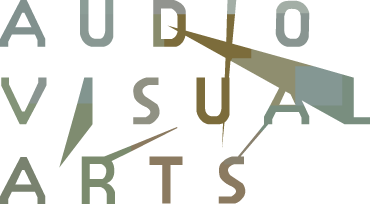


 Research Methodology
Research Methodology
